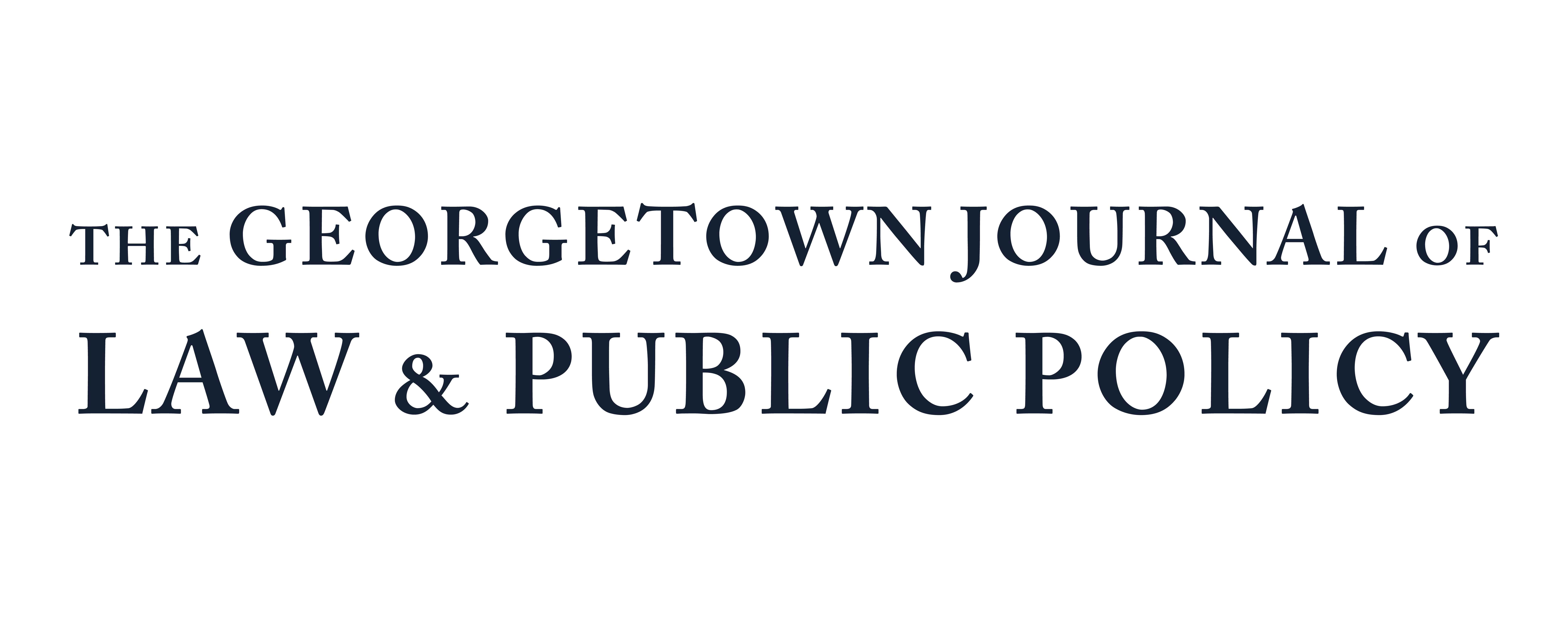Dobbs and the Holdings of Roe and Casey
In Dobbs v. Jackson Women’s Health Organization, the State of Mississippi has asked the U.S. Supreme Court to overrule Roe v. Wade (1973) and Planned Parenthood v. Casey (1992). Most observers believe that Dobbs fairly presents the question whether Roe and Casey should be overruled, and most of the Dobbs oral argument focused on that question. At oral argument, however, Chief Justice John Roberts asked whether Roe and Casey might entitle women only to a fair opportunity to obtain abortions during pregnancy. In the Chief Justice’s trial theory, neither Roe nor Casey entitles women to obtain abortions up through viability.
Since the trial theory was not raised in Dobbs until oral argument, it has not been studied with the attention it deserves. This Article studies the theory, and it does so with principles of jurisprudence about precedents. The Article studies the precedential effects of Roe, Casey, and eleven other Court constitutional abortion-rights decisions. The conventional wisdom restates those decisions accurately. If Roe and Casey have precedential value, the statute under challenge in Dobbs is facially unconstitutional. The trial theory effectively rewrites Roe and Casey; it makes them stand for propositions different from their holdings.
The Article shows as much by demonstrating three more specific theses. First, Roe held that a state law violates federal substantive due process if it prohibits abortions pre-viability. Second, Roe also held that a state law is unconstitutional on its face if it restricts pre-viability abortions in numbers that seem substantial in relation to the post-viability abortions it could constitutionally prevent. Third, those two holdings from Roe have been followed in Casey and in eleven other federal substantive due process abortion cases.
Those theses do not determine how Dobbs should or will be decided. Justices could still reaffirm Roe and Casey, they could still overrule those cases, or they could rely on some other and even more untested rule of decision. But this Article does rule out the trial theory. In the process, this Article supplies a more systematic account than any other work to date of what Roe and Casey held. Lawyers and judges often say that Roe and Casey both hold that states may not bar abortion before viability. This Article makes patent what such statements leave latent—the specific constitutional law arguments of Roe and Casey, and the principles of jurisprudence that settle which of those arguments were holdings.
Keep Reading Dobbs and the Holdings of Roe and Casey
Subscribe to GJLPP
